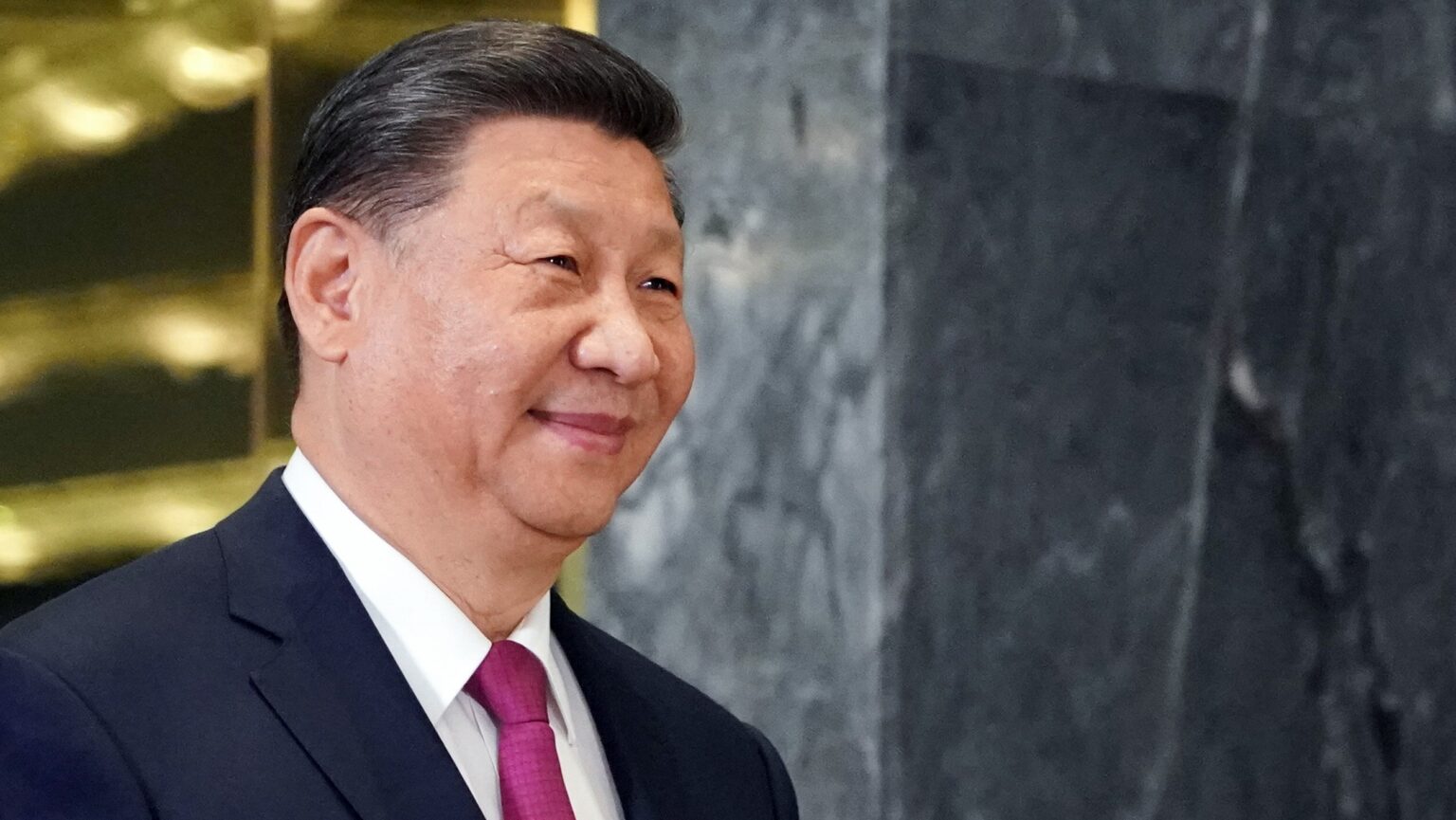
‘…just recently, during the EU–China summit hosted by Xi, not only was there no Chinese delegation to welcome European Commission President Ursula von der Leyen and other top EU leaders, but the Chinese autocrat also made them take a bus to reach the summit venue. This does not look like a man who is on his way out.’
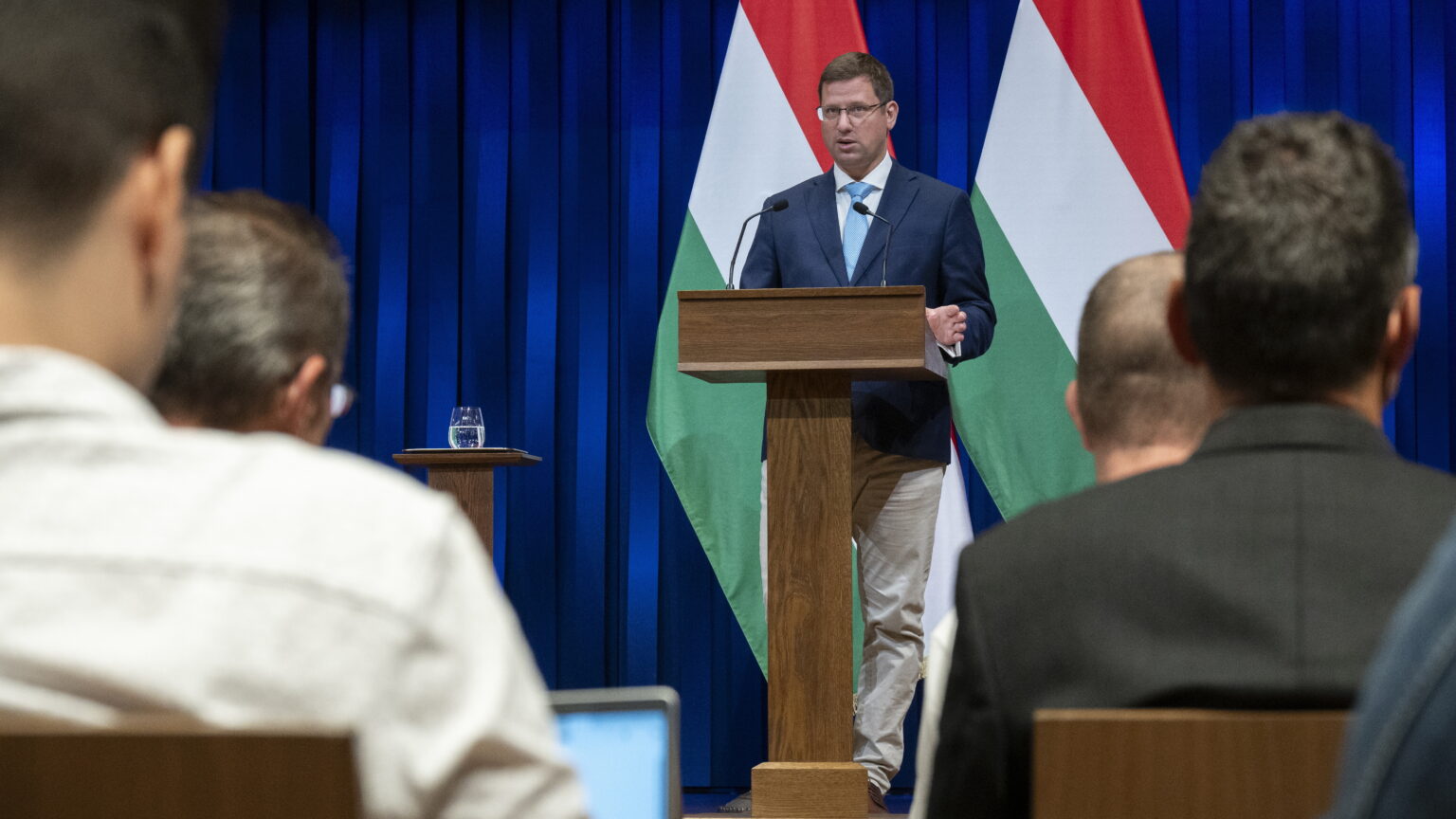
Hungary’s government finalized the terms of its 3 per cent home loan programme, expanding eligibility and introducing new support for public servants, while also criticizing an EU–US trade deal and reaffirming its stance on national sovereignty.
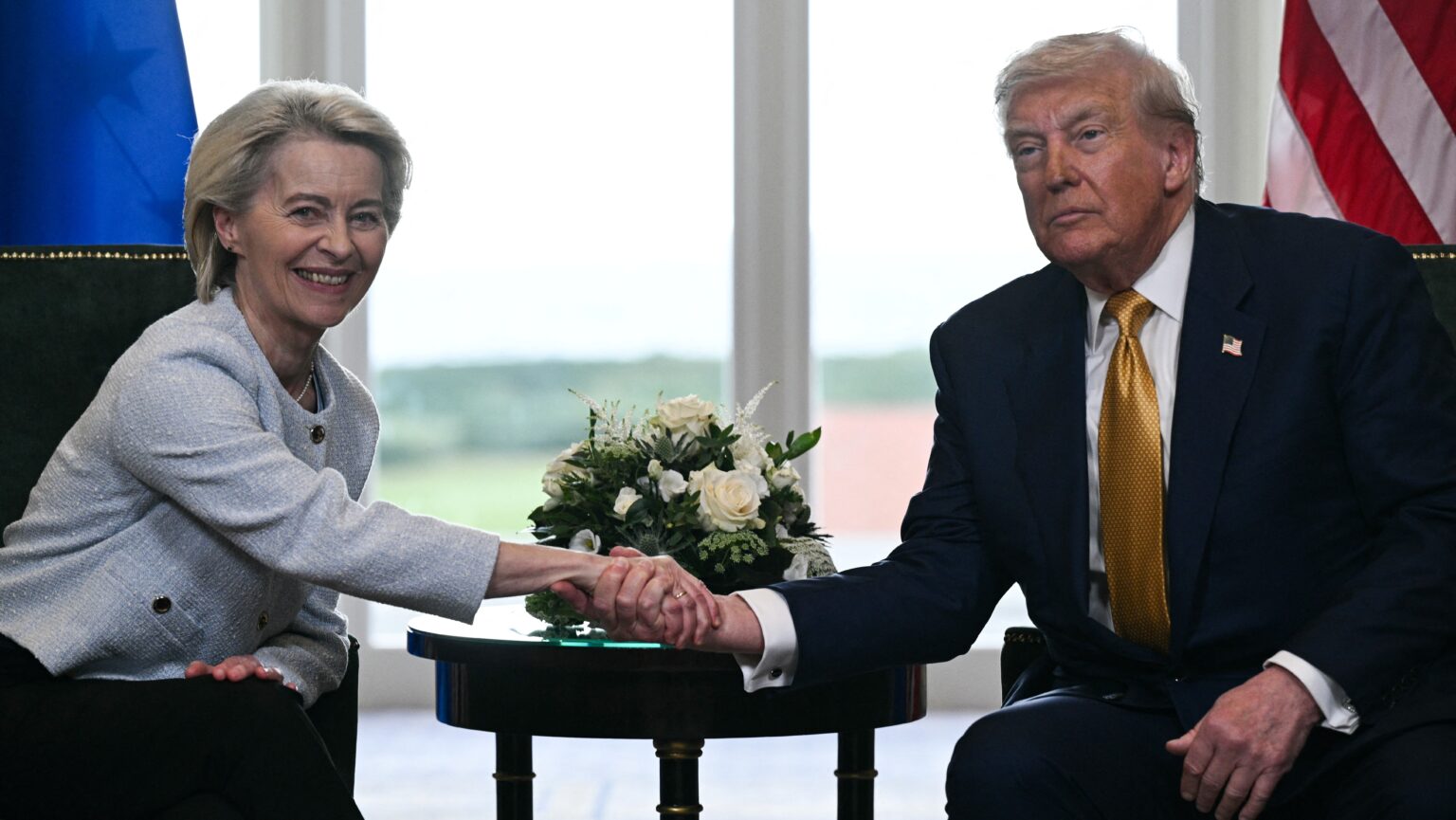
After the US–EU trade deal, it is impossible to ignore the striking similarities between late Qing‑era China and Europe’s current predicament. The period marking the downfall of the Qing dynasty is known as China’s Century of Humiliation—a process that, in many respects, is already well underway in today’s Europe. Yet our humiliation must not be allowed to last a century.
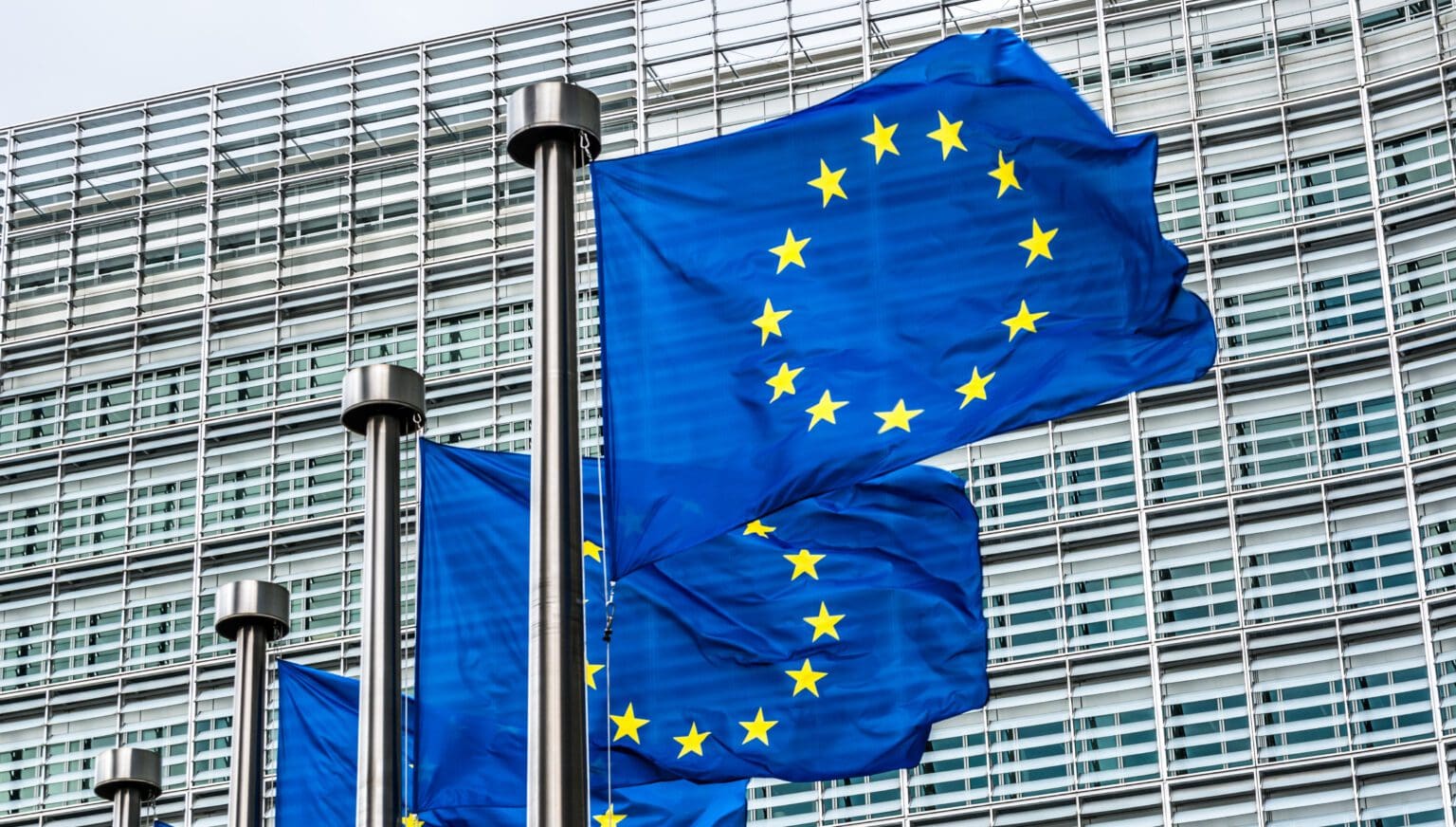
‘Signs suggest that Brussels is seeking to replicate the “Tusk model” in Hungary by installing a puppet government which serves its own agenda. The aim of the EU leadership is clear: to override the democratic will of the Hungarian people and eliminate our sovereigntist government. If they succeed, Hungary would likely not be the last—one by one, other Member States would surely follow.’
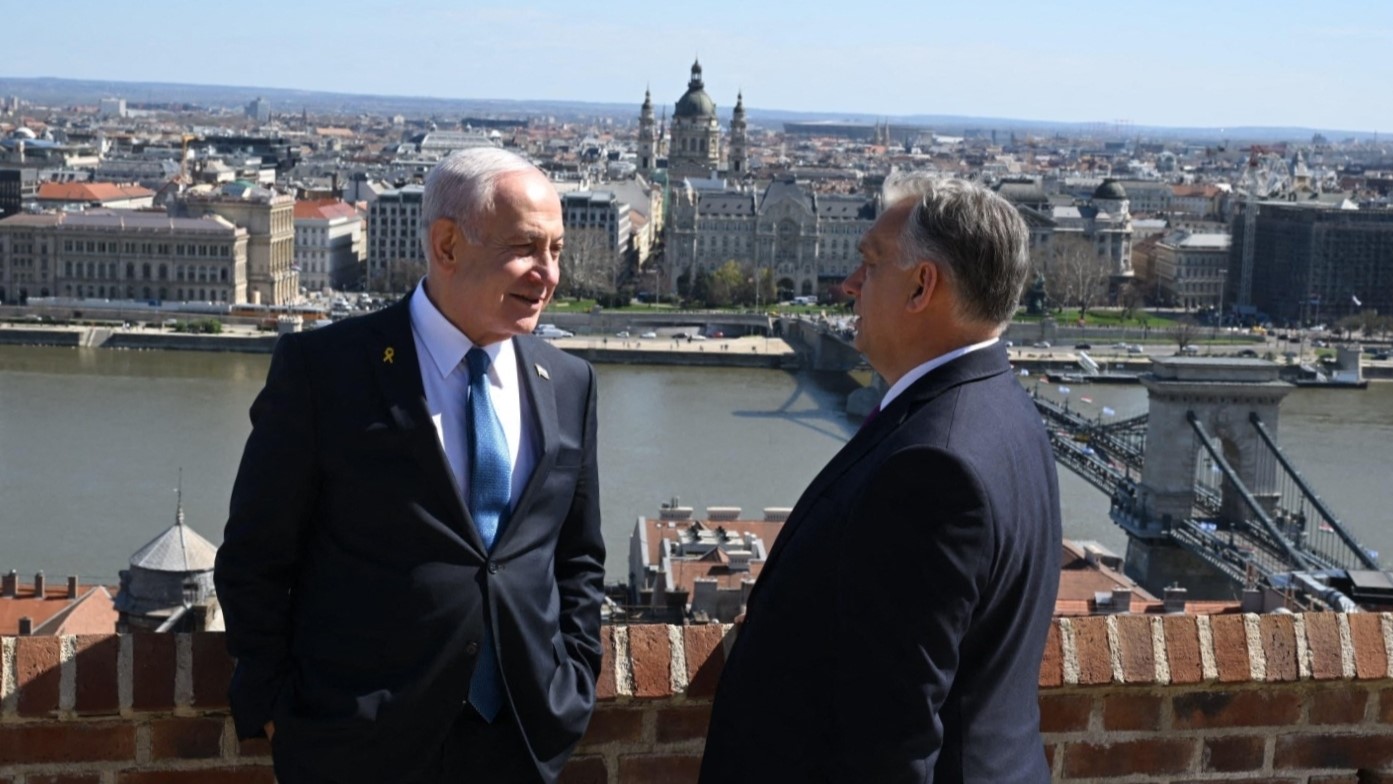
In April, Israeli PM Benjamin Netanyahu visited Budapest amid international controversy over an ICC arrest warrant. Hungary, rejecting the court’s legitimacy, announced its withdrawal from the ICC, later formalized in May. The ICC has since launched non-compliance proceedings, while Hungary claims the court is politically biased and vows not to cooperate.
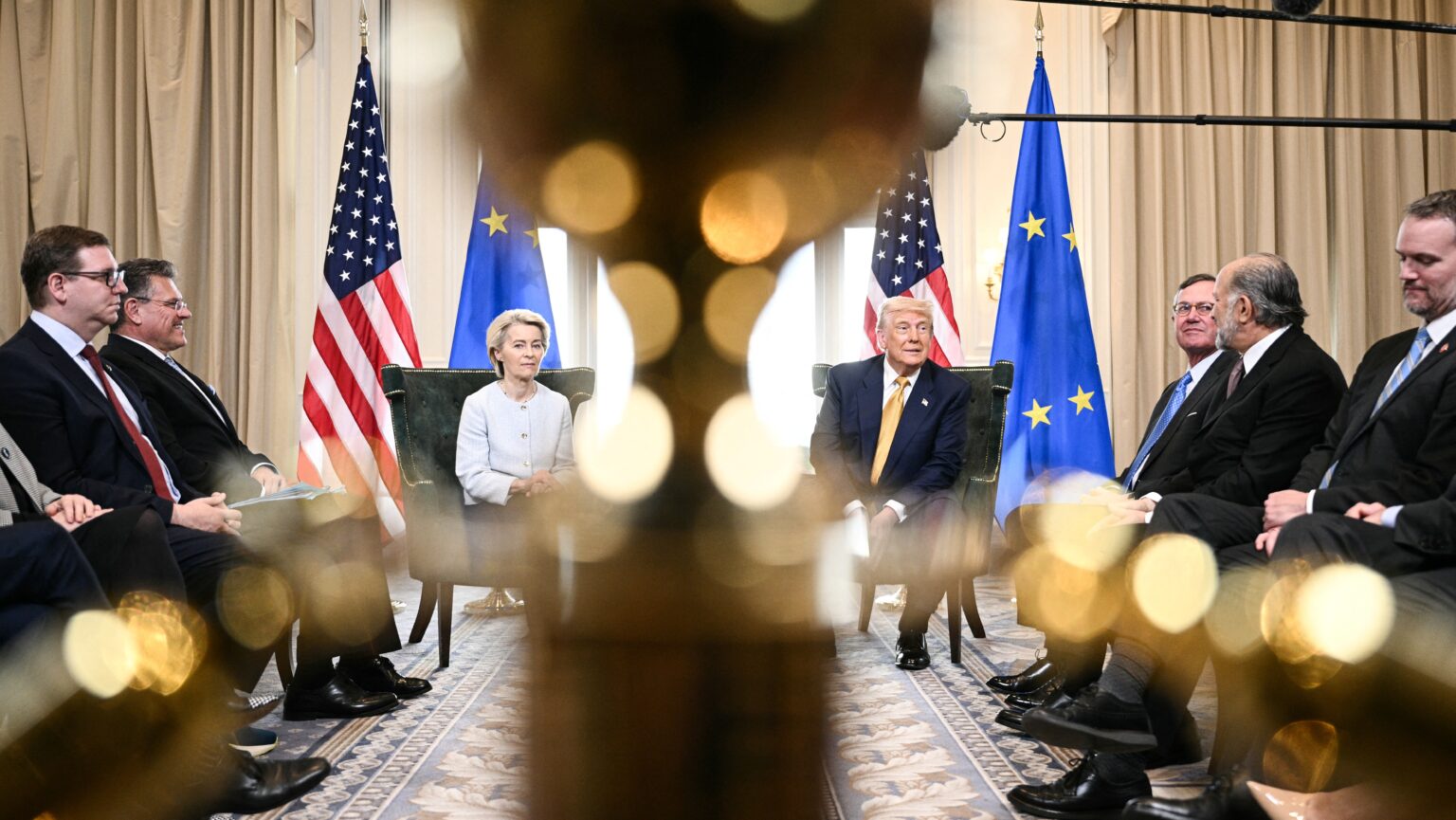
After months of negotiations between Brussels and Washington, Ursula von der Leyen and Donald Trump announced a new EU-US trade deal. Though hailed as a success by the Commission President, the agreement disproportionately favours the United States, risking Europe’s strategic overdependence on Washington. Additionally, the deal delivers a serious blow to Hungary’s economy.
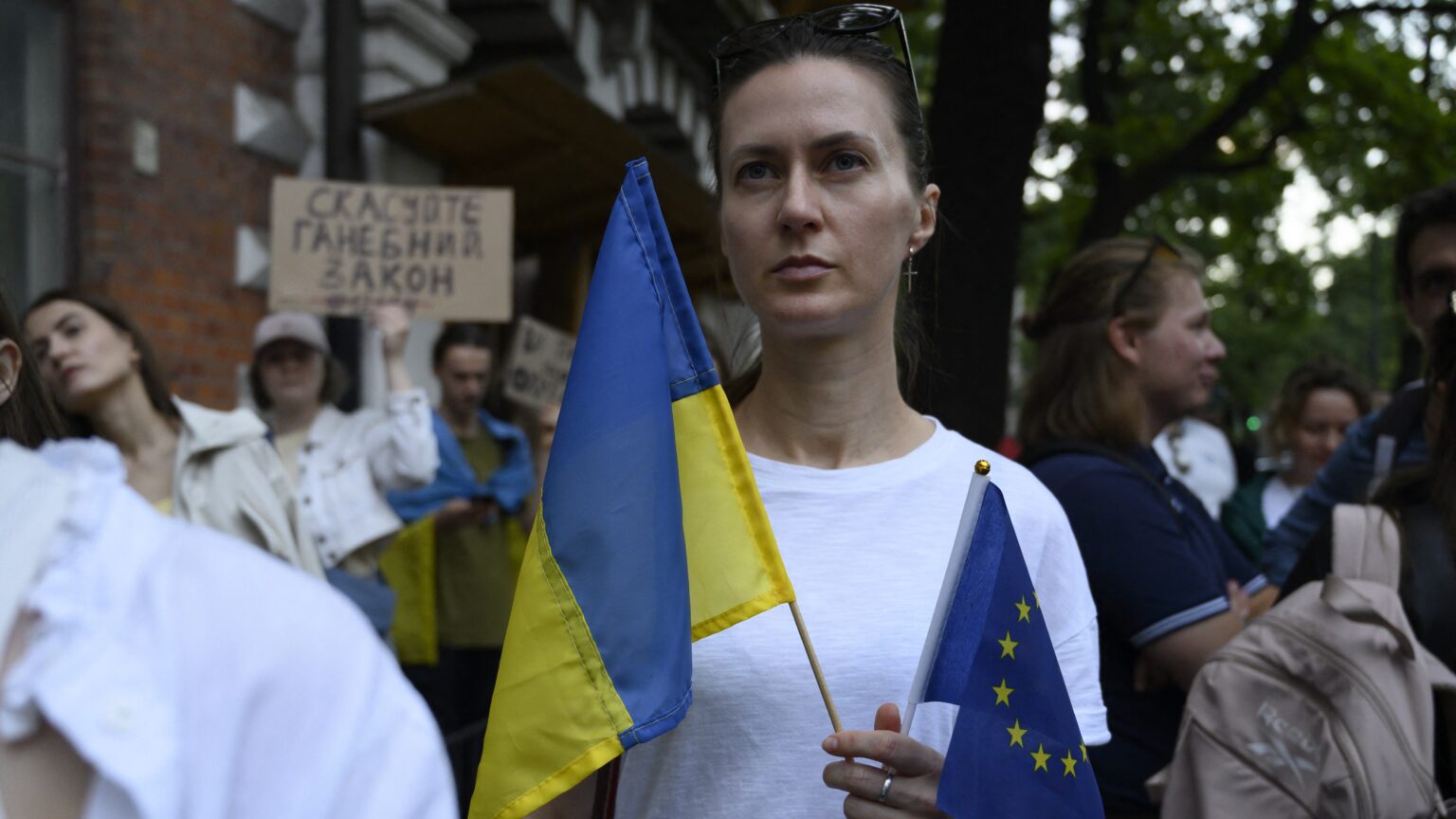
‘The EU accession of a country financially subjugated to Brussels would have far-reaching implications for the functioning of the Union. If Ukraine were to join the EU as a Member State, it would gain veto power in the Council, a Commissioner in the European Commission, and dozens of MEPs in the European Parliament—amounting to significant voting influence within EU institutions.’

Hungarian Prime Minister Viktor Orbán appeared as the first guest of a new political podcast, sharing insights on digital activism, the youth vote, internal polling, the EU, and migration, declaring the internet a battleground that must not be surrendered.
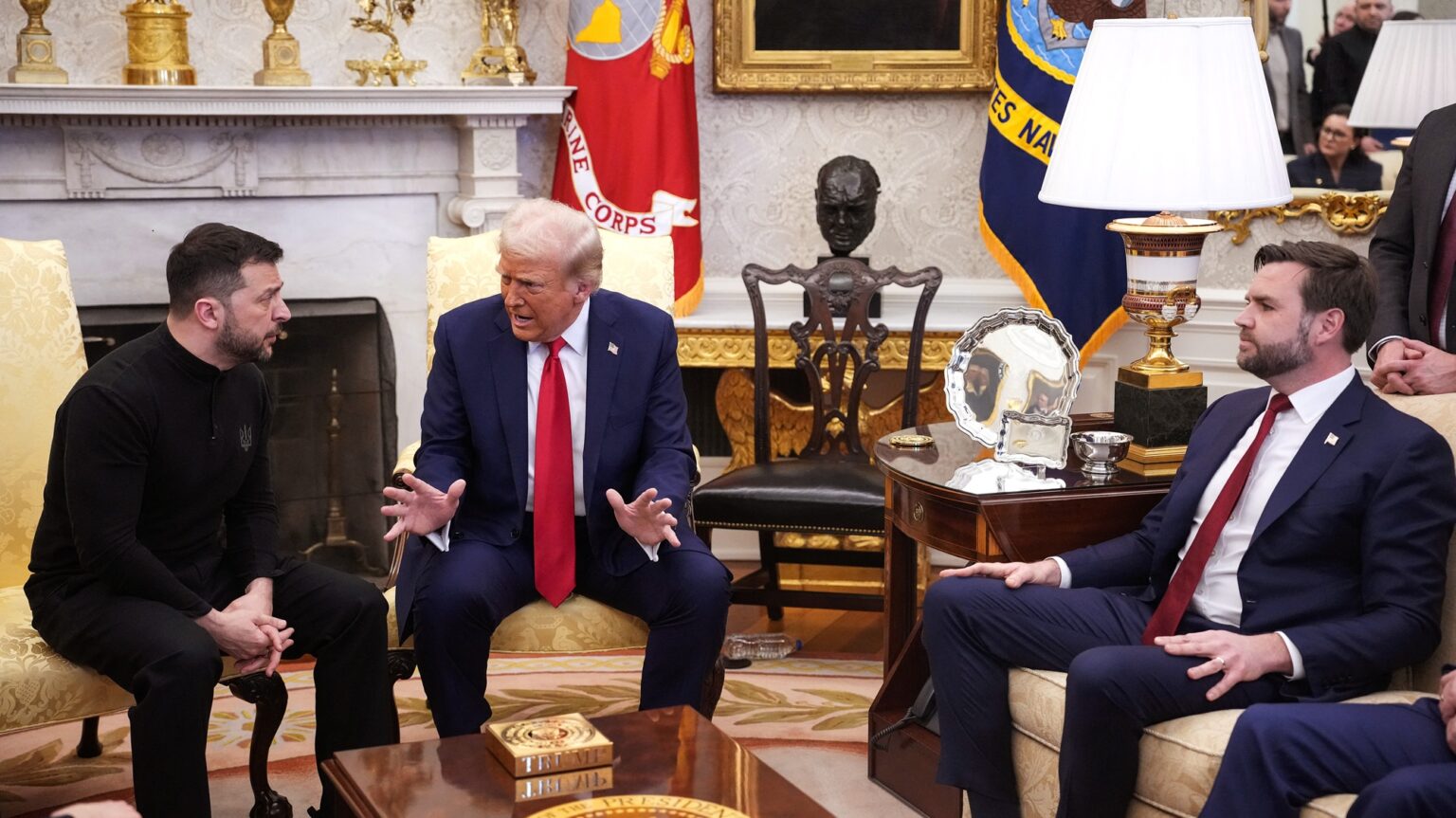
A wave of backlash followed Zelenskyy’s move to strip Ukraine’s anti-corruption bodies of independence—prompting former Trump adviser Steve Cortes to argue that Kyiv is no longer a trustworthy partner. With public discontent rising in both Ukraine and the US, Americans’ sentiment of disengagement may strengthen.
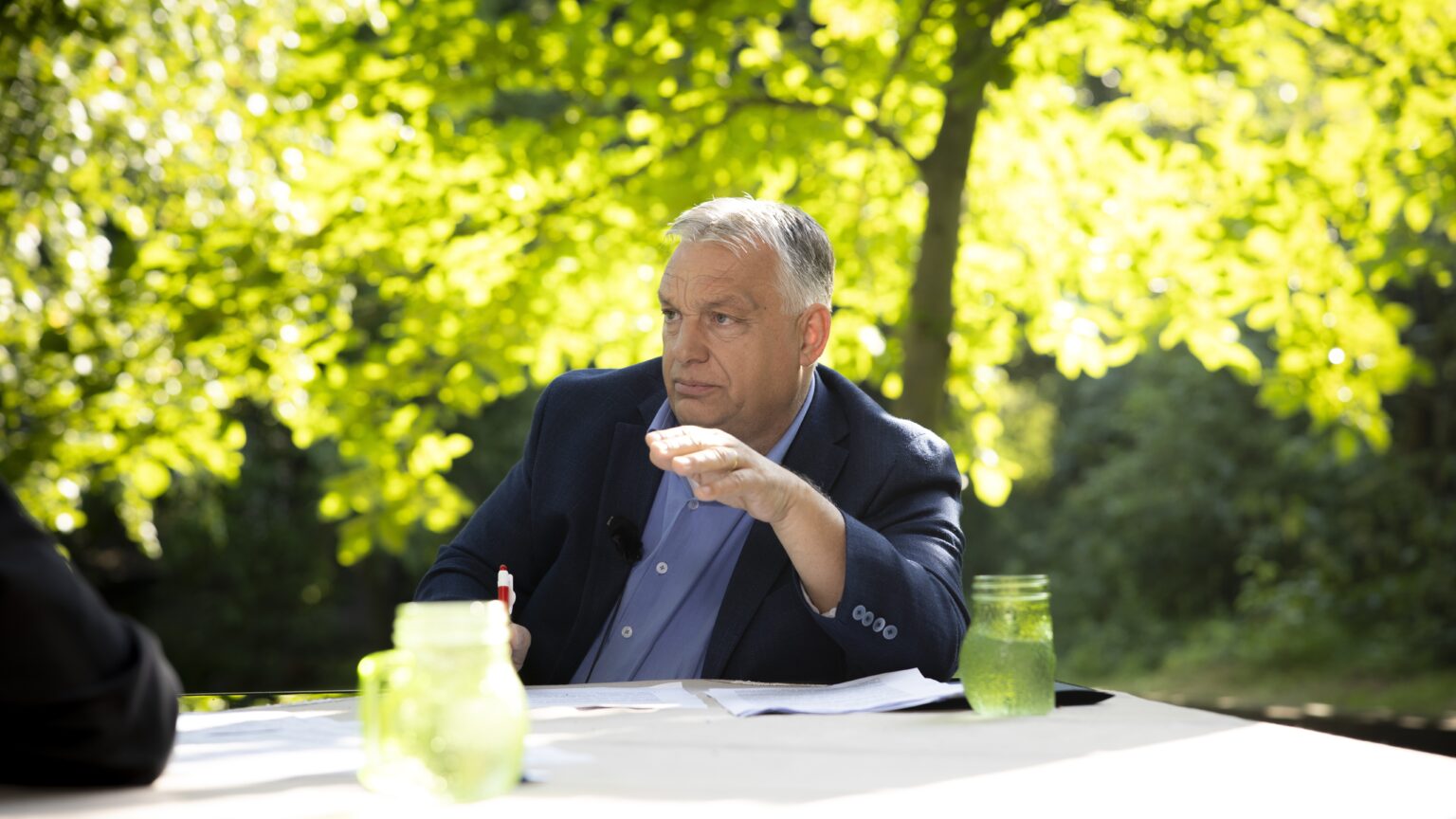
Prime Minister Viktor Orbán described the Tusnádfürdő event as a welcome political escape and announced he would unveil key elements of Hungary’s long-term strategy, while also expressing sharp opposition to Ukraine’s EU membership and criticizing Brussels.
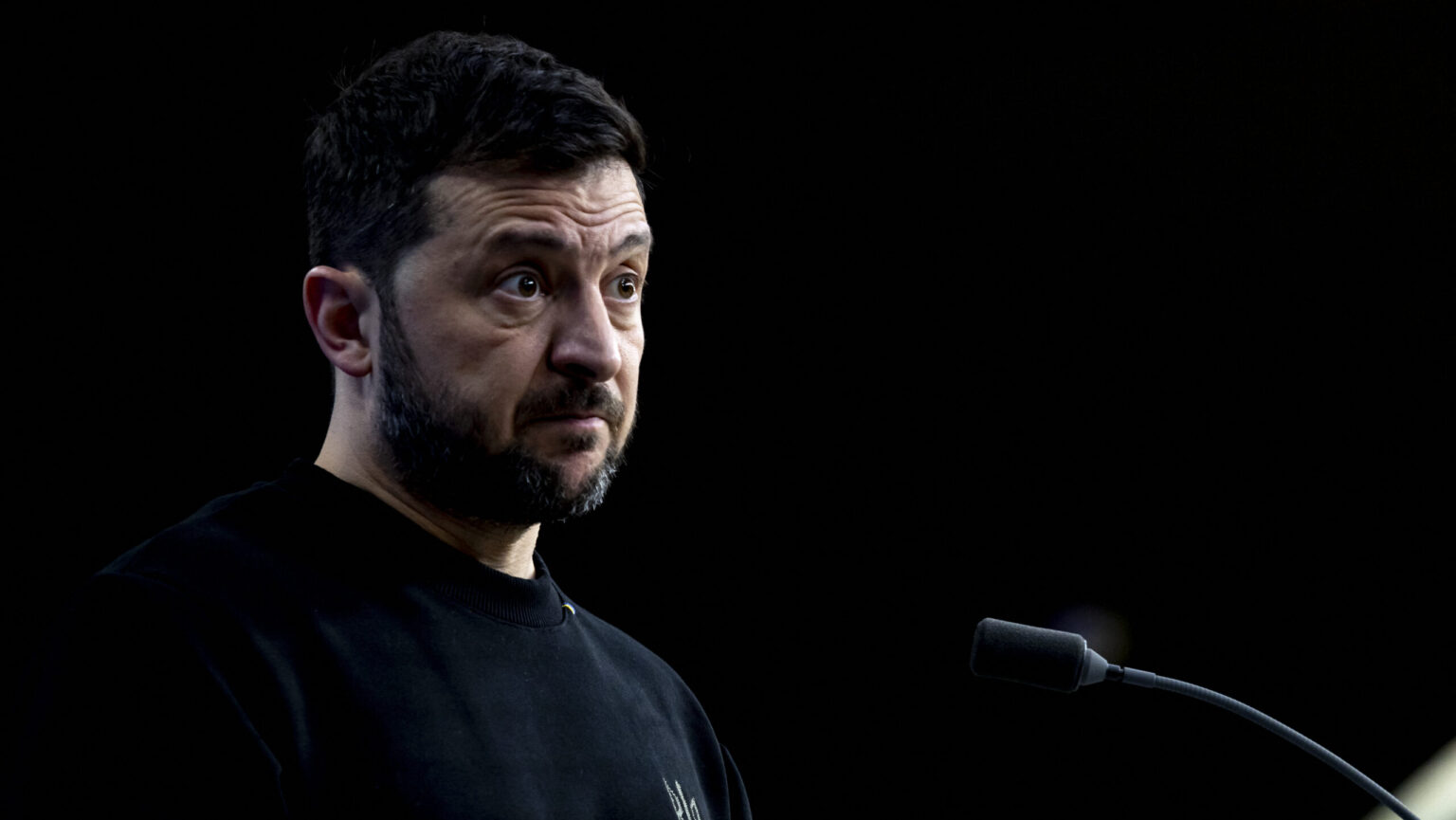
The Ukrainian legislature fast-tracked a new bill that would put the Ukrainian independent anti-corruption agencies under the purview of the Prosecutor General of Ukraine, an appointee by President Zelenskyy. The move sparked concerns over conflicts of interest—people took to the streets to protest in Ukraine, and EU officials have spoken out about it as well.
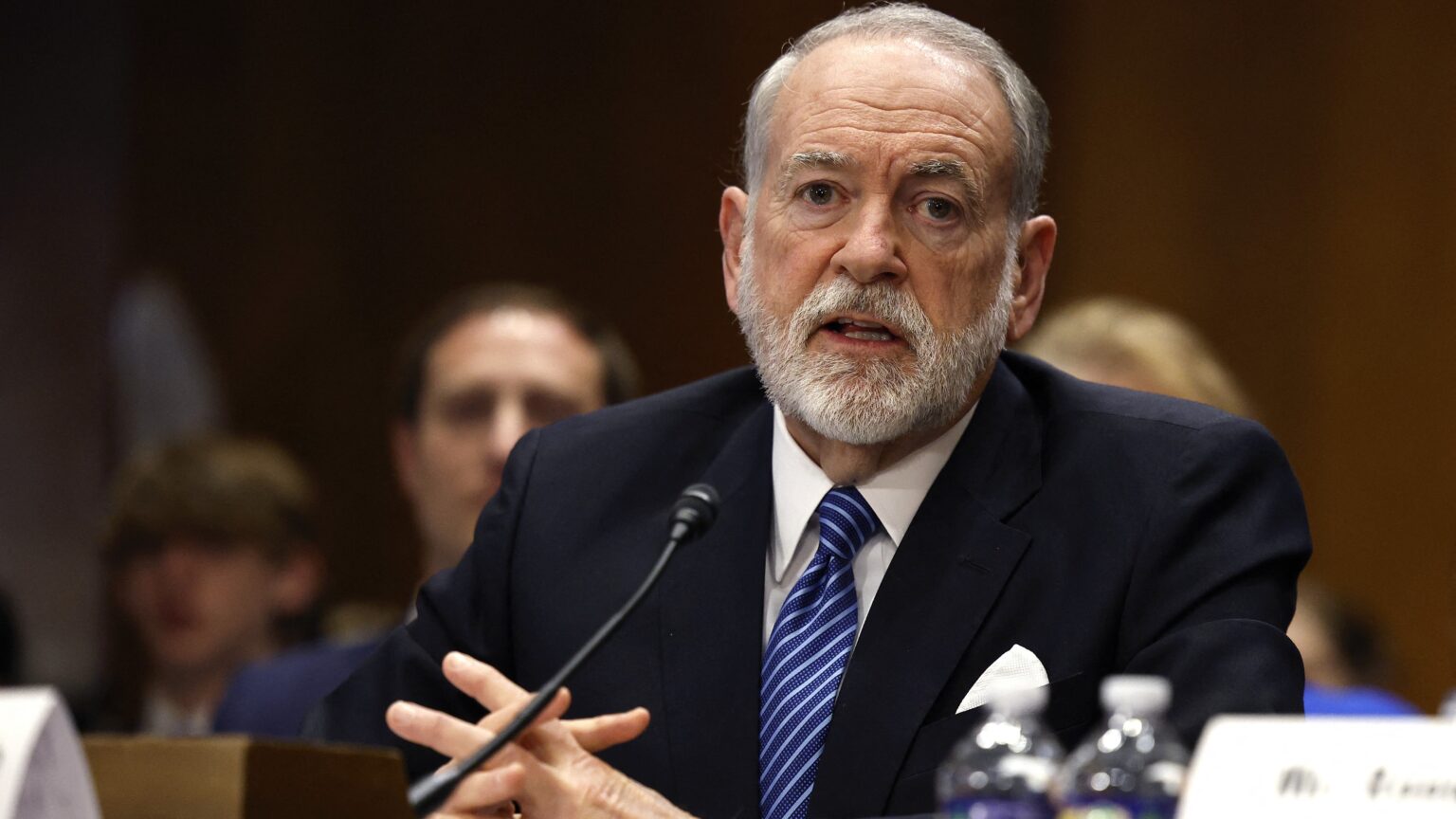
‘If the government of Israel continues to cause the expense and bureaucratic harassment for the granting of routine visas that for decades have been routine, I will have no other choice than to instruct our consular section to review options for reciprocal treatment of Israeli citizens seeking visas to the United States.’
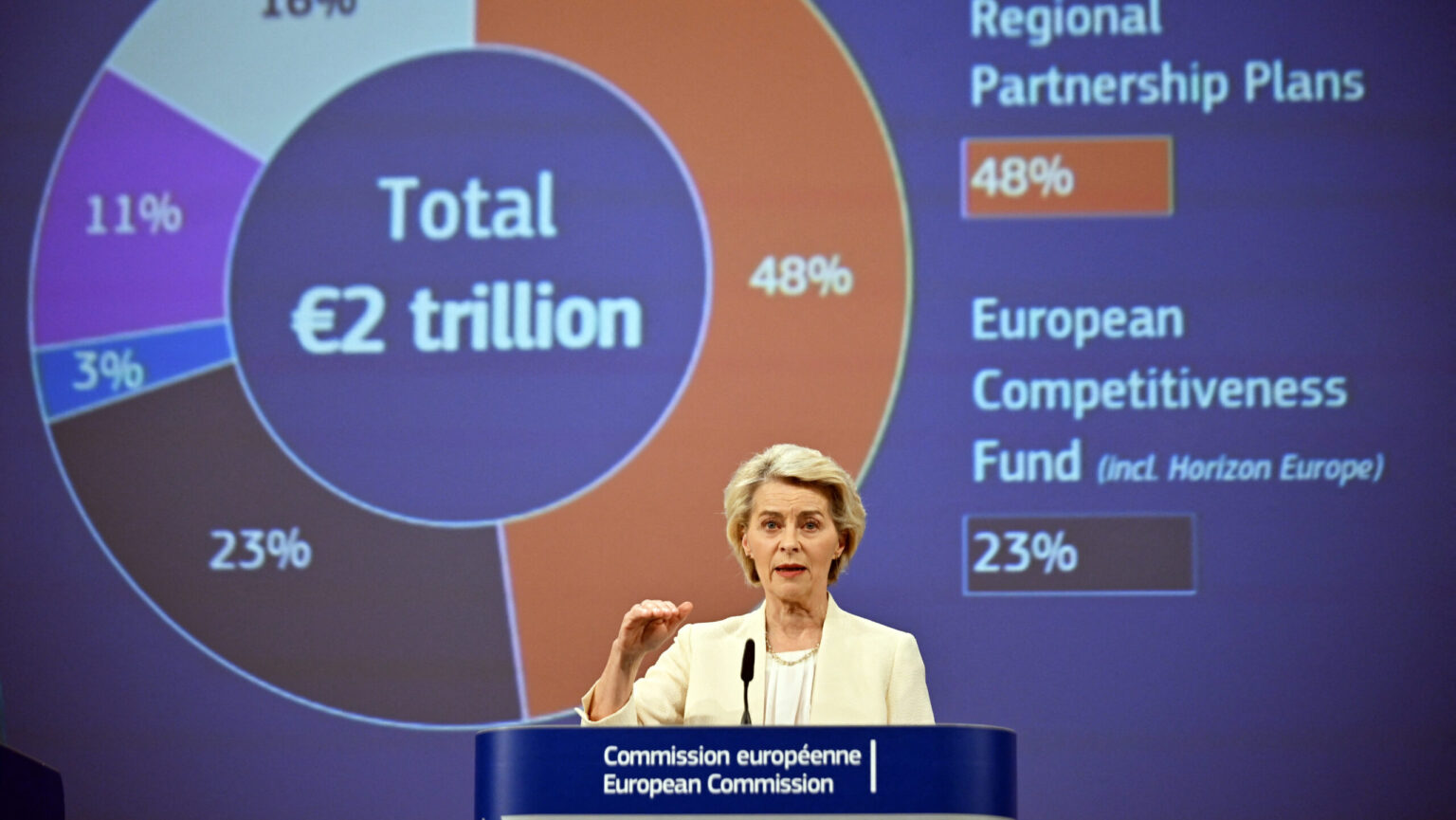
The European Commission’s budget proposal for 2028–2034 has drawn unprecedented criticism from across the European Union—from the European Parliament and member states to NGOs representing a wide range of sectors. In this article, we seek to explain why.
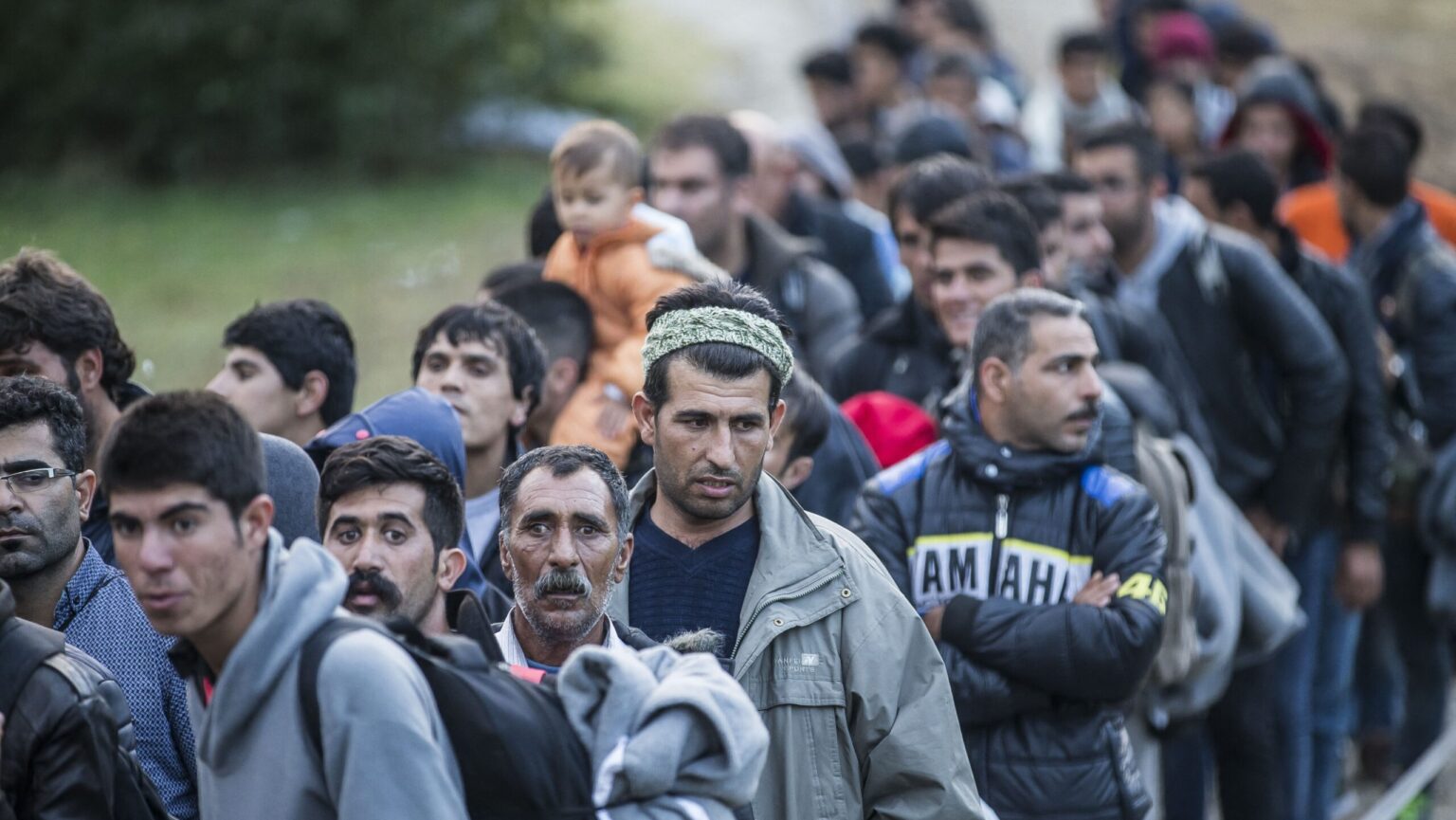
‘Therefore, two Antemurale myths are currently clashing in Europe: one geopolitical and ideological, in which Ukraine is seen as the last bulwark of European civilization; the other cultural and demographic, with Hungary positioning itself as the defender of traditional Western values and Christianity.’
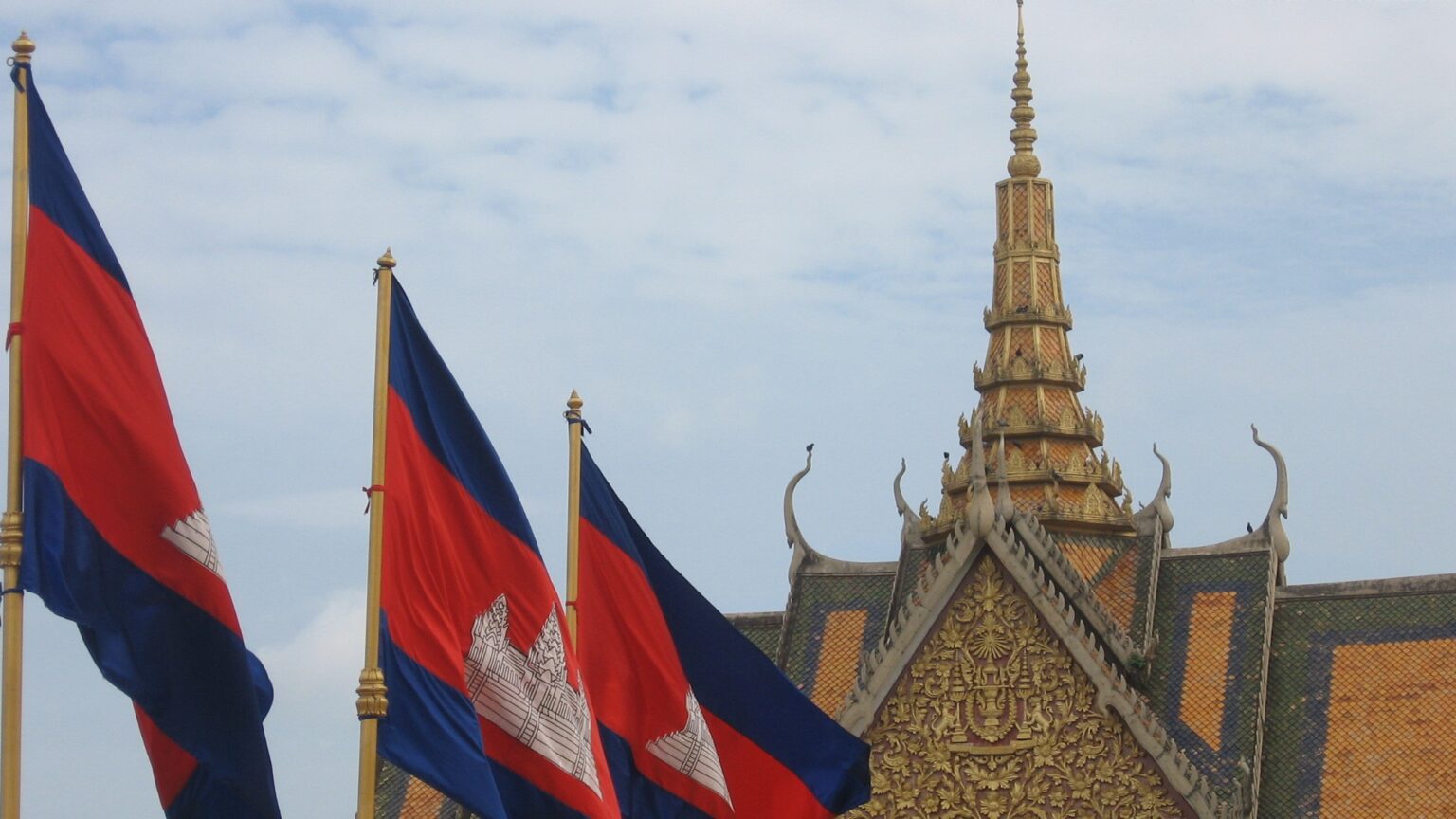
‘Beyond the purely political and economic, a strong civilizational synergy remains between the two nations. Hungary and Cambodia share the common fate of being ancient countries undergoing processes of national renewal and self-discovery, with the traumas of Communist anti-historicism—and the temptations of liberal ahistoricism—now largely behind them.’
‘Hungary’s conservative reform agenda has demonstrated considerable success across various domains, including migration policy, family support, economic development, and national security, with the country widely regarded as among the safest in Europe.’
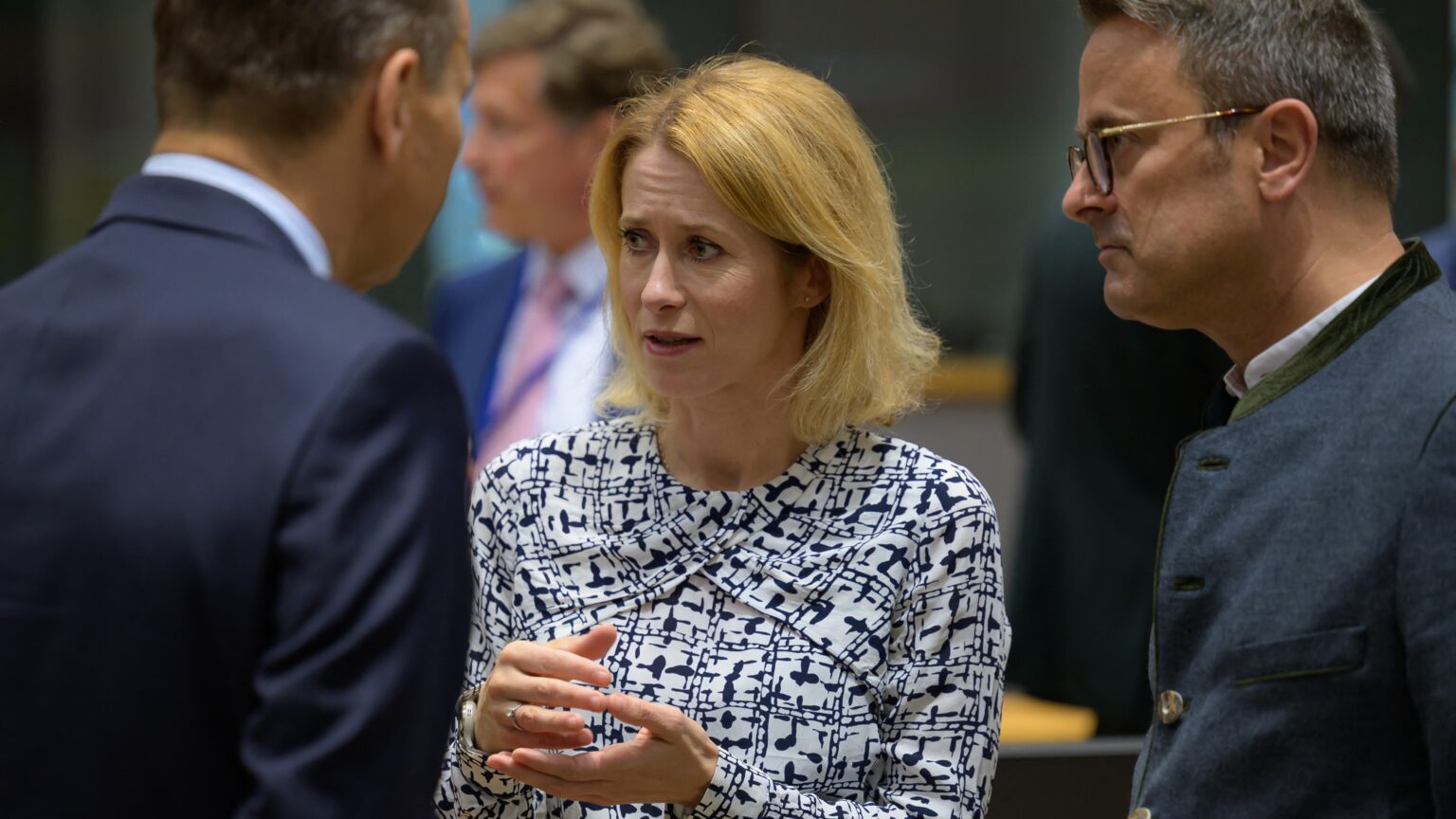
After opposition led by Hungary, the EU has softened its stance on Israel despite growing calls for sanctions and trade restrictions.

Prime Minister Viktor Orbán called Ukraine’s potential EU membership an irreversible burden, comparing it to migration, and criticized Brussels for redirecting EU funds without clear strategy—especially away from farmers and toward Kyiv.

The defeated coup attempt in 2016 changed Türkiye forever. One of the most significant legacies of 15 July is the vision of a terror-free country, which later took shape as a concrete initiative, already yielding results such as the disarmament of the Kurdistan Workers’ Party. A more secure Türkiye is not only favourable for the country itself, but also for Europe—and Hungary within it.
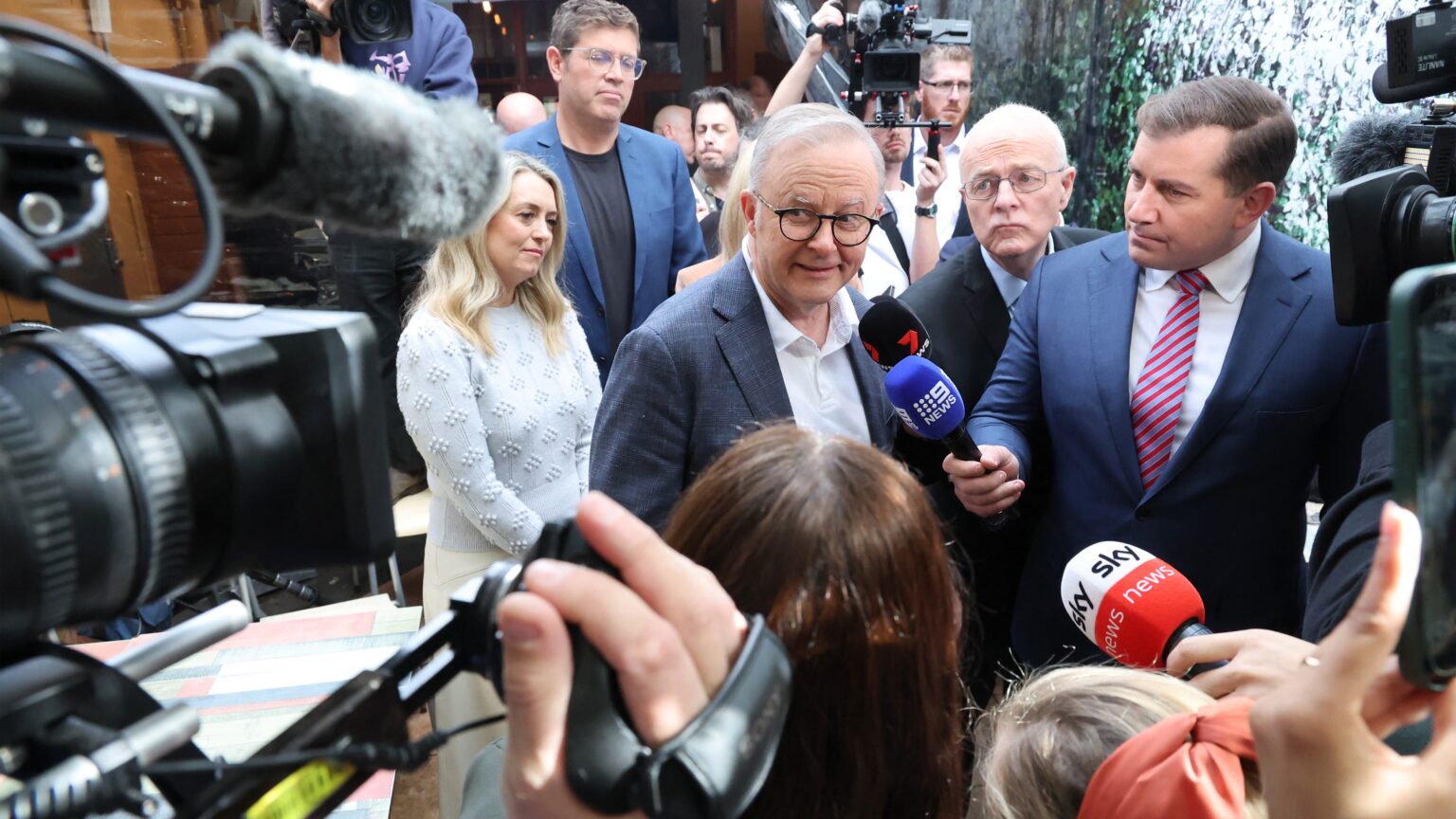
‘This was a vacuous election. No one truly won the campaign, and no one emerged victorious in the battle of ideas. Neither major party offered a compelling vision for Australia’s future. As Liberal candidate Henry Pike admitted after election day, the campaign “became a blur of competing handouts and taxpayer-funded concessions.” It was, in short, a mess.’
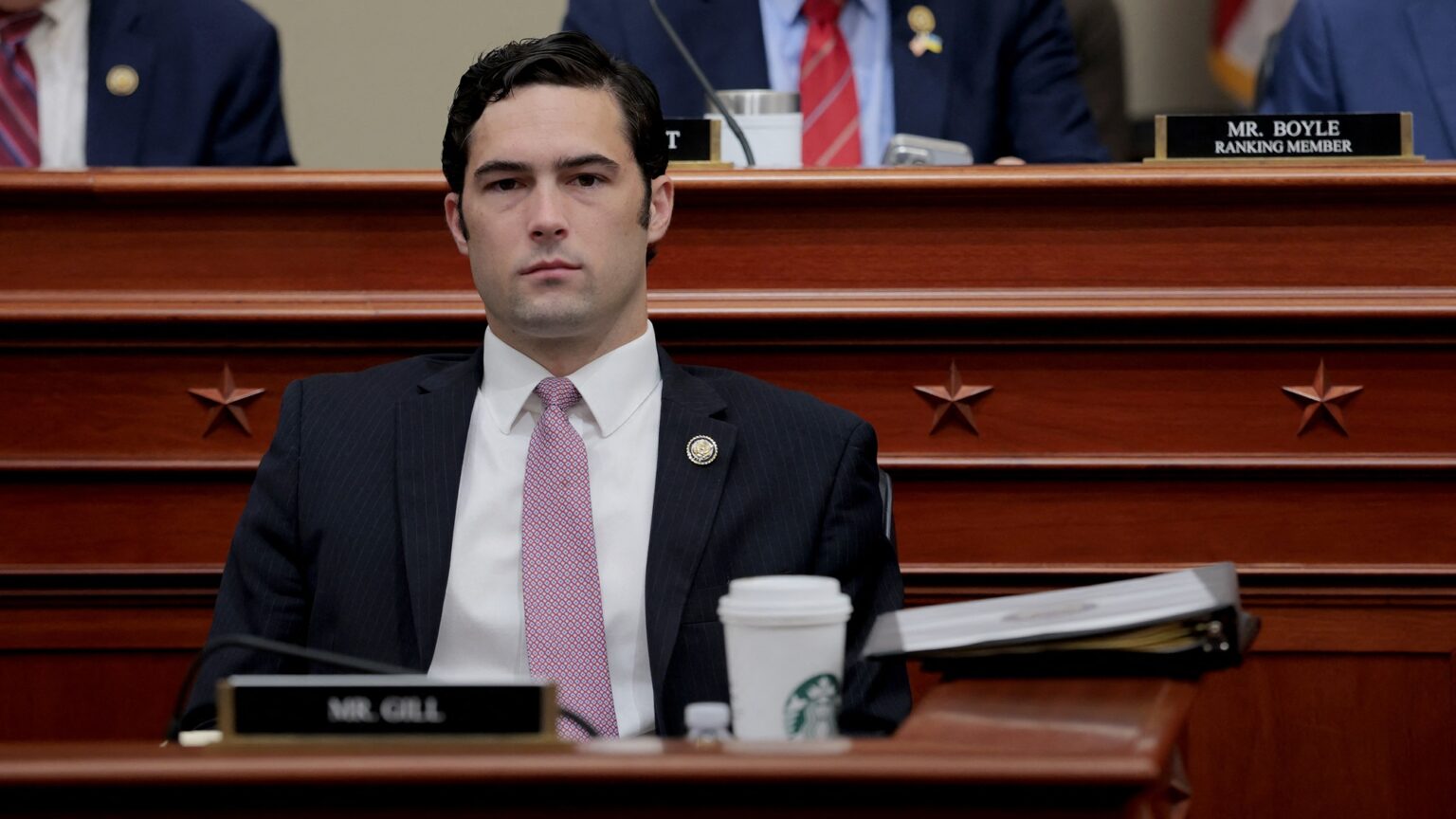
At an oversight hearing on misuse of federal funds in the US House of Representatives, Republican Congressman Brandon Gill of Texas asked why the Biden administration used American taxpayer dollars to fund the opposition against the democratically elected Prime Minister Orbán in Hungary.
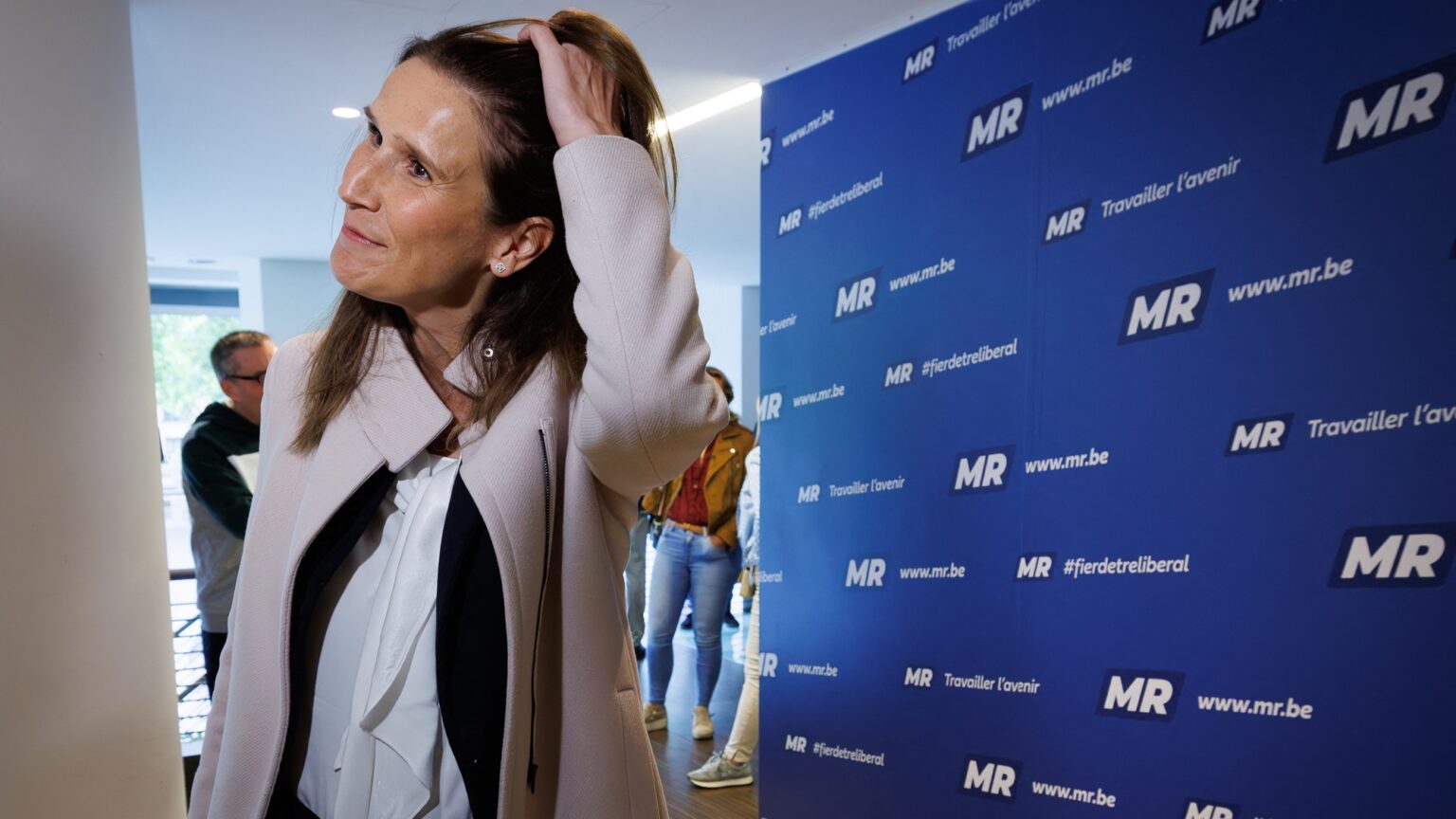
Sophie Wilmés, the former Prime Minister of Belgium and current Vice President of the European Parliament, has stated that Slovakia may be on a path to become ‘the next Hungary’ while presenting the EP’s civil liberties committee report, according to news by POLITICO.

The renovation of Budapest’s Liberty Statue and Citadel, set for completion in spring 2026, has ignited a heated debate. At the centre: a cross placed at the statue’s base, raising questions about historical integrity, symbolism, and political intent.
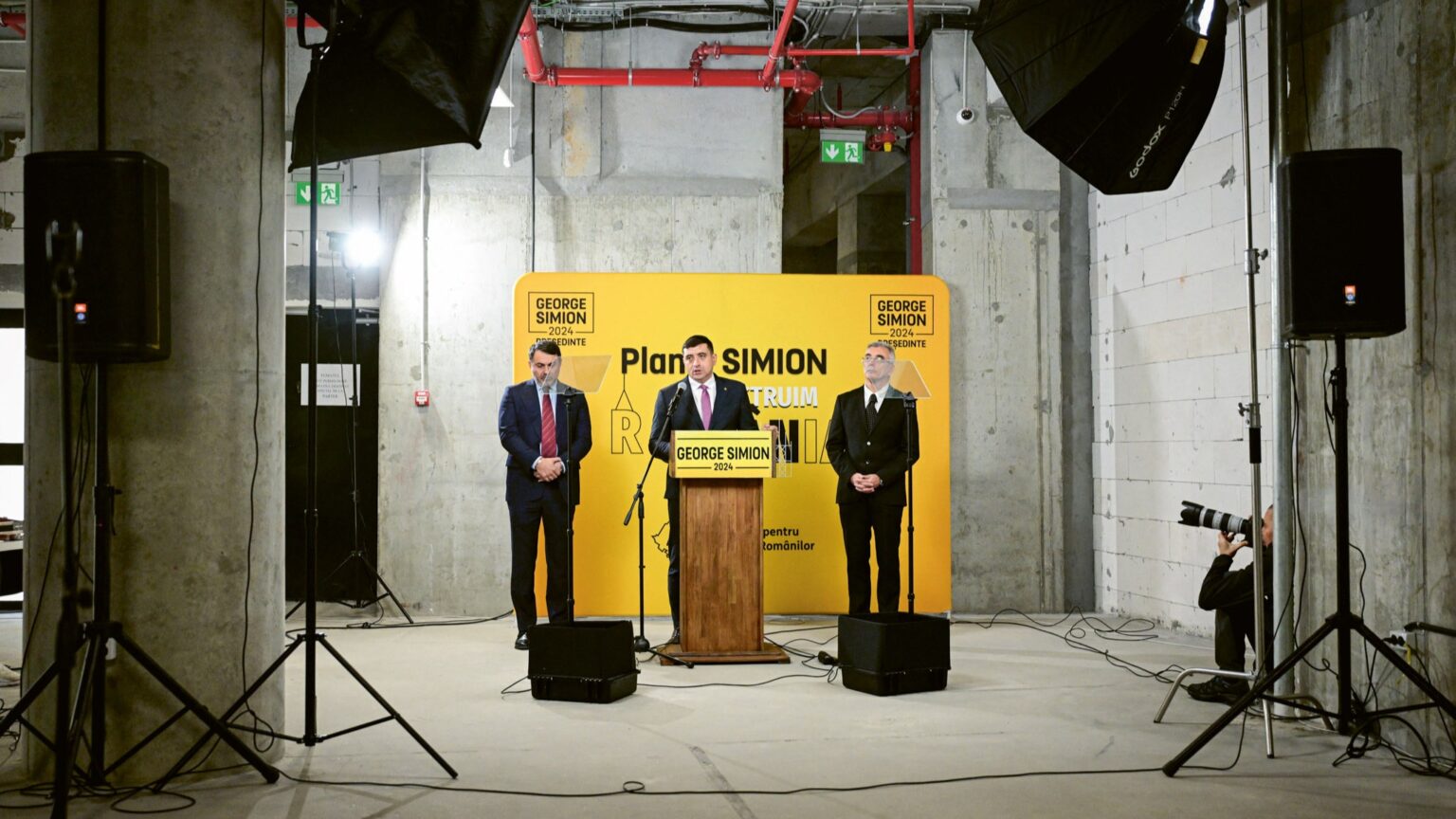
‘For the Hungarian minority in Romania, Dan’s victory represents a clear political win—particularly given the decisive role the community played in securing it…His proposal to include the Democratic Alliance of Hungarians in Romania (UDMR) in the governing coalition has further reinforced a sense of security among Hungarian voters.’
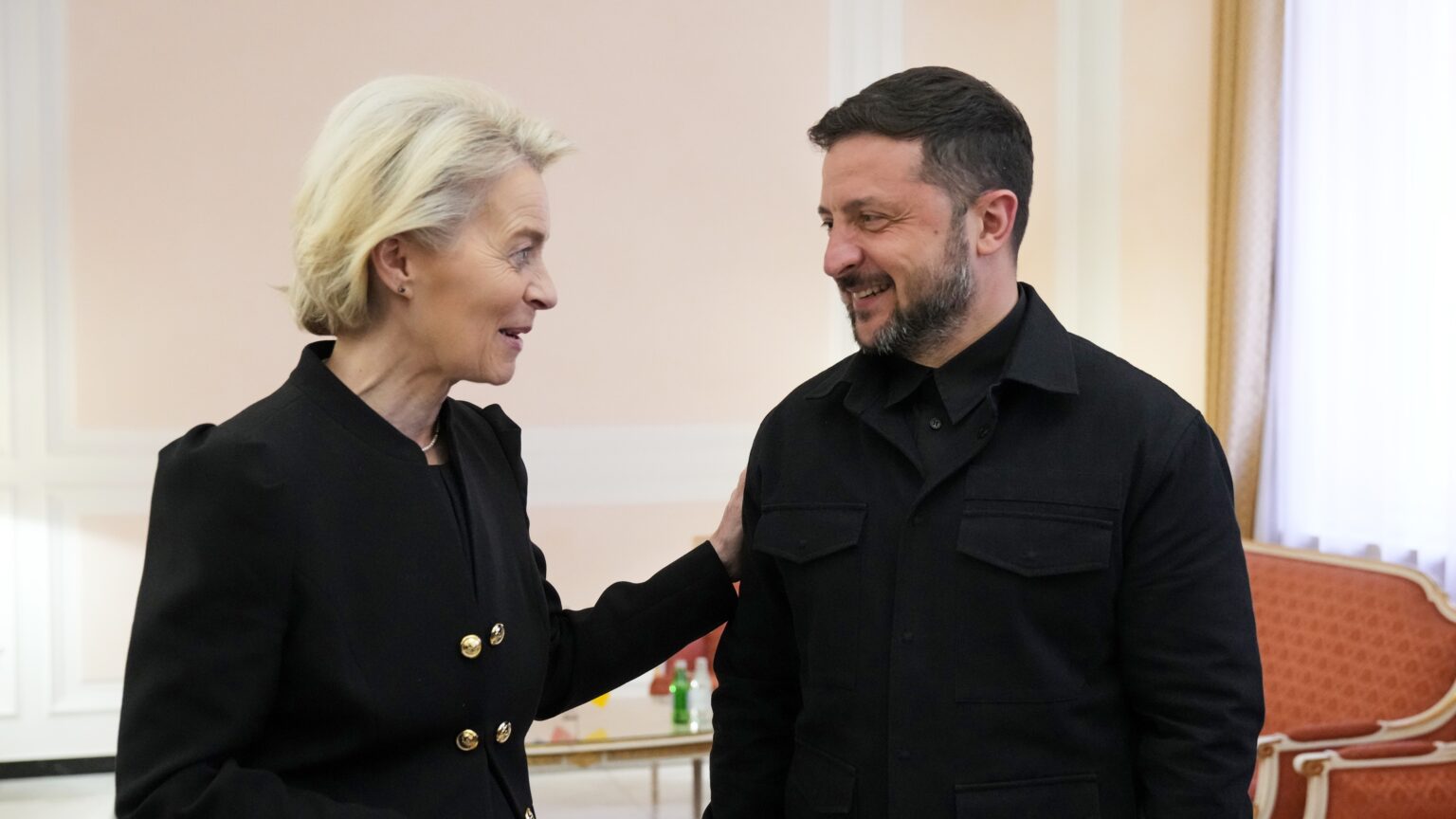
Ursula von der Leyen reaffirmed strong EU support for Ukraine’s war effort and reconstruction, prompting criticism from Hungary’s political director, who accused Hungarian opposition parties of backing foreign interests over national ones.
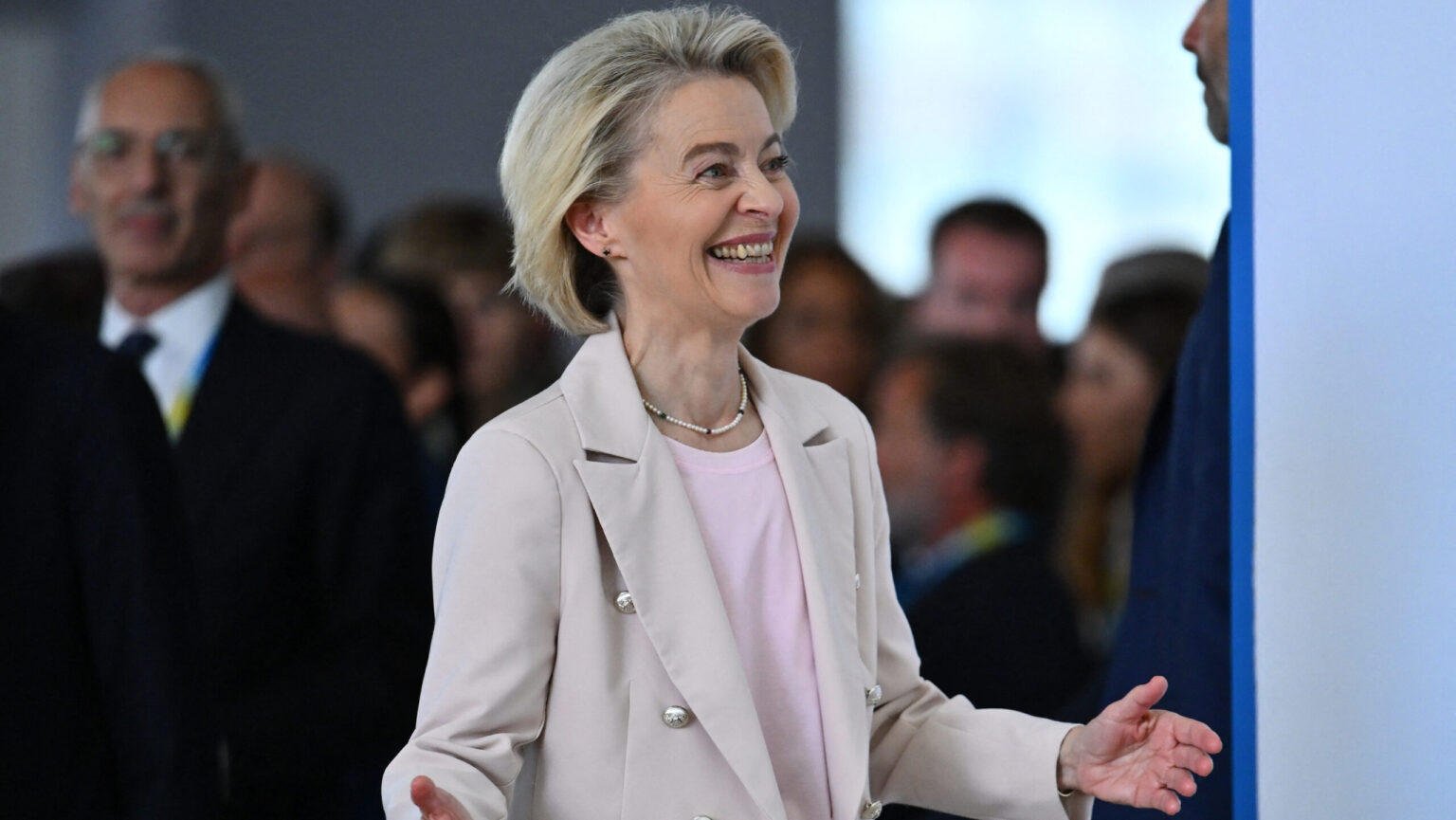
European Commission President Ursula von der Leyen survived a vote of no confidence on Thursday after making significant concessions to left-wing political groups in the European Parliament. Despite the failure of the vote, von der Leyen’s reputation has been seriously damaged, and her hold on power now depends entirely on the will of the left.

‘When Israeli cities burned and much of Europe hid behind legalese, it was Serbia loading pallets of 155 mm shells, the Czech Republic dispatching armour plates, and Hungary vetoing hostile resolutions and defending Israel on the world stage. They may not be Europe’s largest economies or loudest voices, but they acted decisively when it mattered most. ‘

‘A well-integrated continental energy market can enhance efficiency, reduce costs, and ensure supply security across borders. Imagine a Europe where surplus solar energy from Spain powers German industry in summer…This is not only desirable—it is feasible. But integration must never be mistaken for dependency. True sovereignty—political, technological, and economic—requires energy sovereignty.’
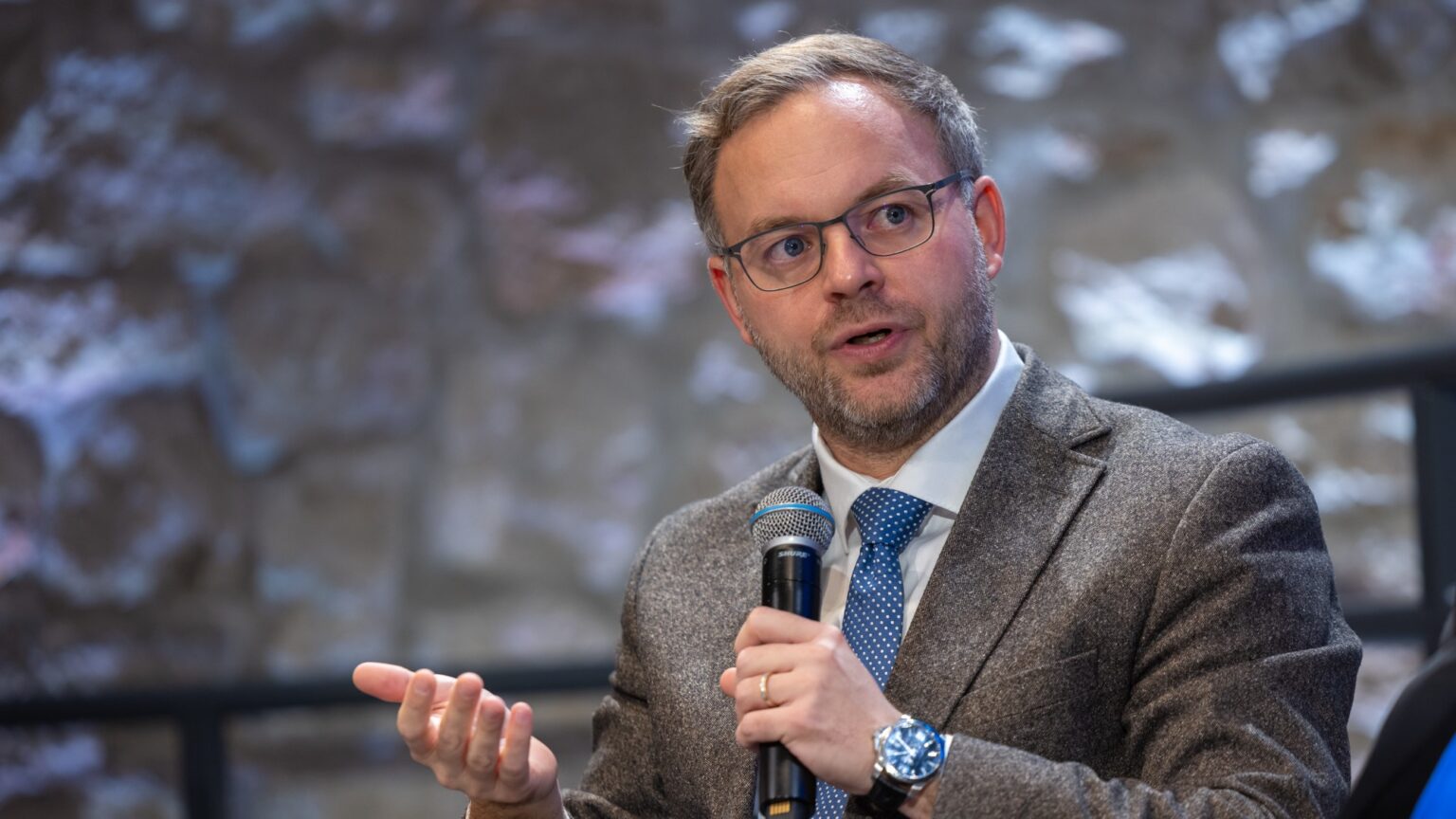
Hungarian political director Balázs Orbán rebuked Ukraine’s deputy PM, stressing that EU accession is not automatic and requires unanimous approval—responding to Kyiv’s claim that Hungary cannot block the start of membership talks.
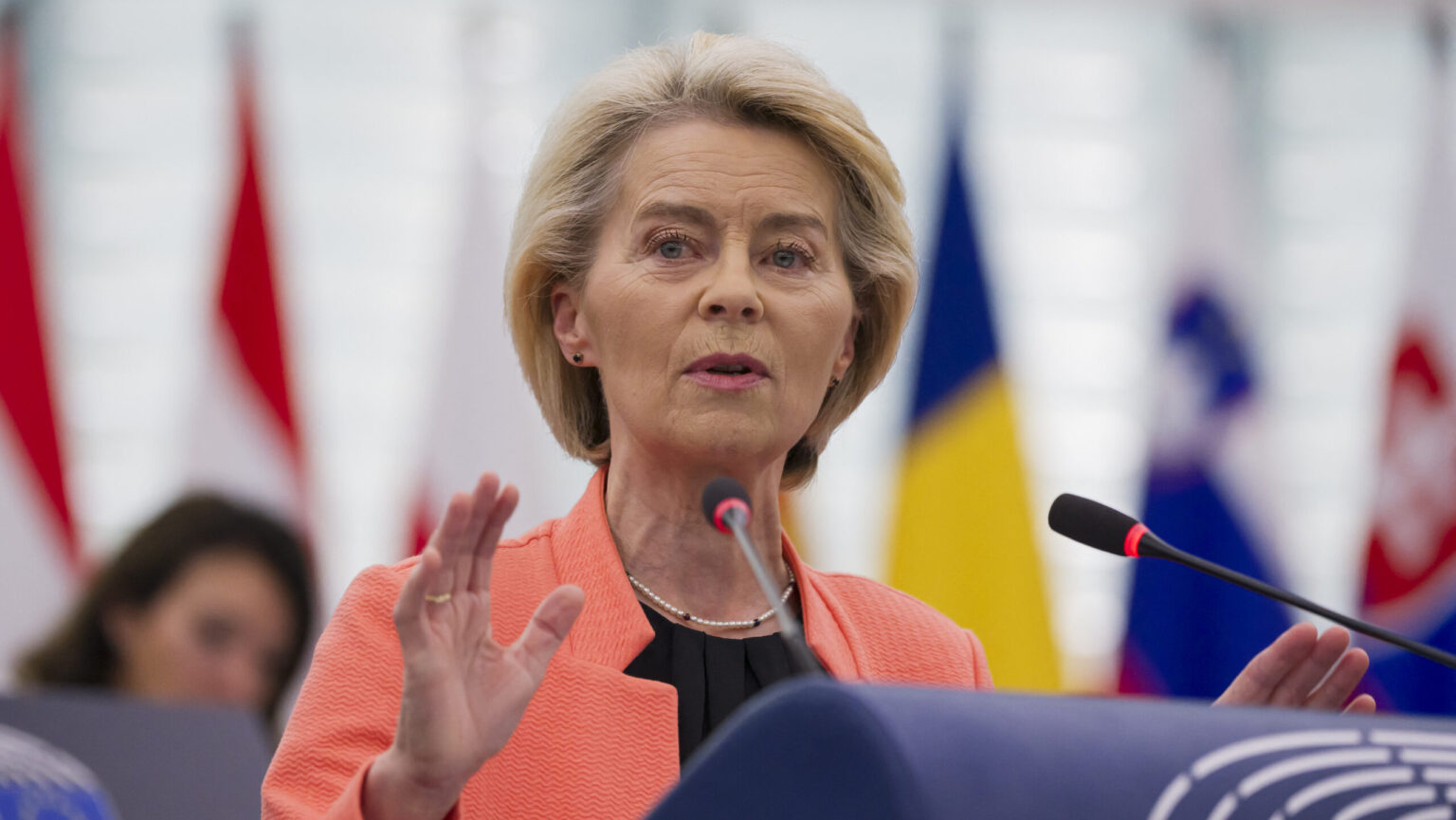
European Commission President Ursula von der Leyen used her speech during Monday’s motion of censure debate not to take accountability for Pfizergate, but instead to frame her political opponents as ‘Putin apologists’ and ‘conspiracy theorists’. The debate laid bare everything that is wrong with EU leadership and the lack of accountability among unelected bureaucrats.